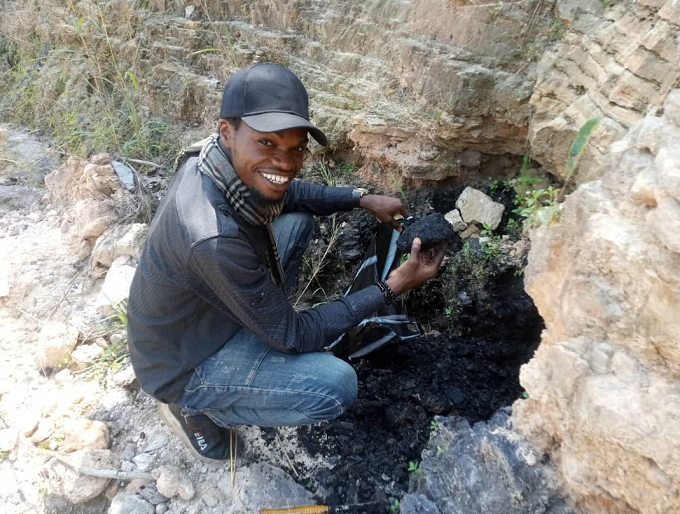
Future Energies research areas focus on development of novel low-cost renewable energy technologies and devices for innovative and efficient exploitation of the region’s abundant energy resources. This includes design and construction of solar, wind, hydro, marine and geothermal energy devices for efficient clean energy harvesting and storage. The solar energy research projects are based on improving design and performance of organic, inorganic, thin film, hybrid solar cells and 3-D printed solar cells, solar thermal systems, development of novel conducting polymers, semiconductors and nano-structured materials used in solar cells etc. Our hydro energy research projects are focused on development and domestication of the technology for small and micro hydro-turbine production using locally sourced materials. We are also interested in biomass conversion systems research with focus on improving the efficiency of bio-fuel, bio-ethanol and biogas production systems, microbial technologies for bio-energy production. Our research is also centred on developing efficient and inexpensive catalysts for the complex electrochemical conversion of carbohydrates for electricity generation using carbohydrate fuel cell and bio-fuel cells, with focus on starch-rich process water from cassava processing plants. In Future Energies research, we are also interested in field analysis and performance measurement of sustainable renewable energy systems; carbon capture and sequestration technologies; design and construction of bio-diesel and bio-oil production plants; next generation energy systems for domestic and industrial applications; modelling, simulation and optimization of renewable energy systems.
Career prospects in the renewable energy field are very excellent. Energy plays a key role in key role in the economy and environment. According to experts, there is a huge and growing demand for energy that is reliable, cheap and clean, with the potential to counter poverty and climate change. Renewable energy projects require a workforce with diverse background and skills-set. There are job opportunities for Materials Scientists, Engineers, Chemists, Ecologists, Biologists, Physicists, Geologists, Architects, Project Managers, Computer Scientists and Communication professionals. PhD degree in Future Energies prepares students for careers in the academia, industrial R and D, government and regulatory laboratories. In fact, if you are looking for a stable job that pays well, a career in Future Energies is what you need.